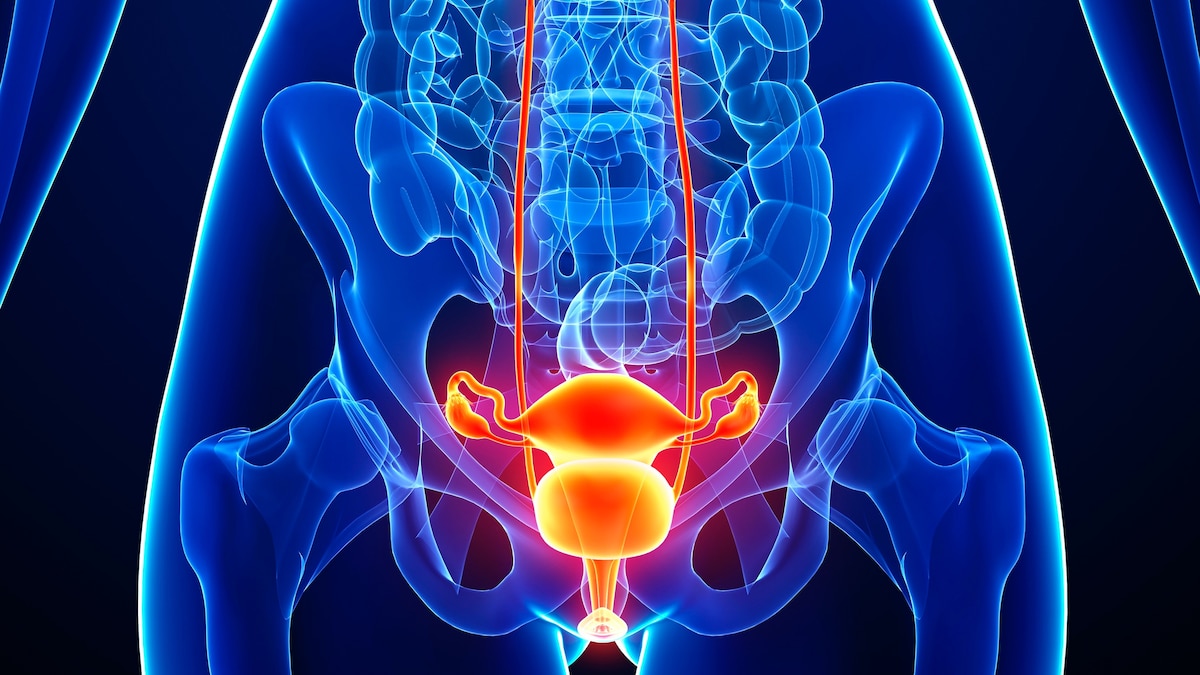Now Reading: Persistent Menopause Symptoms? A Little-Known Syndrome Could Be the Cause
1
-
01
Persistent Menopause Symptoms? A Little-Known Syndrome Could Be the Cause
Persistent Menopause Symptoms? A Little-Known Syndrome Could Be the Cause

Swift Summary
- Perimenopause Symptoms: perimenopause, the phase before menopause, often includes hot flashes, night sweats, vaginal dryness, and mood disturbances due to declining estrogen levels. Most symptoms ease after menopause except for a condition called Genitourinary Syndrome of Menopause (GSM).
- What is GSM? GSM refers to vaginal and urinary symptoms such as dryness, itching, painful intercourse, frequent urination, and recurrent UTIs that worsen over time if untreated. The condition affects 27% to 84% of women but is underdiagnosed.
- Causes: GSM results from reduced estrogen levels causing changes in vaginal tissues and urinary tract functionality. Areas impacted include the vagina’s moisture balance and bladder support. These hormonal shifts create an environment prone to infections like UTIs.
- Impact on Quality of Life: women with GSM often experiance discomfort during daily activities (e.g., walking or wearing jeans), leading to significant physical and emotional strain including disrupted relationships or marriages in certain specific cases.
- Diagnosis Challenges: Both patients and doctors often misinterpret the symptoms of GSM as just aging or unrelated infections making proper treatment challenging.
- Treatments Available: OTC vaginal moisturizers can provide initial relief; however more effective options involve localized estrogen therapies through creams or suppositories that restore tissue health without systemic impact-FDA-approved alternatives like DHEA creams are also available safely now.
Indian Opinion Analysis
The report highlights not only treating awareness gaps embarrassing subject sanitation onward reflects cultural awareness proper tailoring deserved Indian societal attitudes familial-related medical anchored based longstanding modified honestly educate agencies shared unresolved diagnostic affliction scenario nuance while global beneficial continue .
Stay Informed With the Latest & Most Important News
Previous Post
Next Post
Loading Next Post...

























